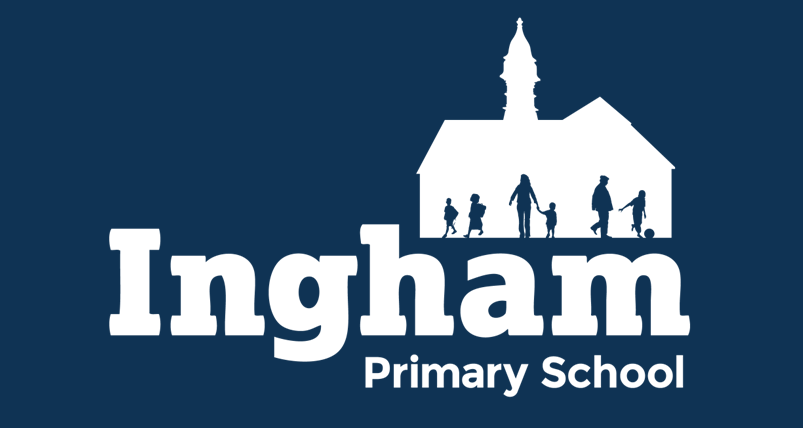Maths
So how does our Curriculum Vision become a reality? Find out about the teaching of Maths at our school here.
Intent
We fundamentally believe that all children should be able to achieve their full potential in mathematics.
The 2014 National Curriculum for Mathematics aims to ensure that all children:
- Become fluent in the fundamentals of Mathematics
- Are able to reason mathematically
- Can solve problems by applying their Mathematics
At Ingham Primary School we teach mathematics following a 'Mastery Approach' in which skills are developed gradually over time, ensuring new learning is secured and embedded. We are committed to ensuring children recognise the importance of mathematics in the wider world, and have opportunities to apply their skills and reasoning in a range of contexts. We wish for all our children to enjoy maths, experience success as mathematicians, and develop a curiosity of the subject to take them forward in life.
Implementation
- Teaching at Ingham Primary School follows White Rose Maths using a range of high-quality resources to support learning, including the DfE approved Power Maths.
- Teachers reinforce the expectation that all children can achieve high standards in maths.
- Teaching is underpinned by a methodical curriculum which builds on prior learning and focuses on teaching in ‘small-steps’. This is supported by considered lessons planning and resources to foster deep conceptual and procedural knowledge.
- Mathematical topics are taught in blocks which gradually builds children’s knowledge to ensure ‘mastery’ over time.
- Regular practice and consolidation opportunities are important within lessons to ensuring that children are given the opportunity to recall, reinforce and deepen learning.
- Teachers use questioning in class to assess children’s procedural and conceptual knowledge, identifying those who may need further support and intervention.
- Lessons provide opportunities to experience new learning in real-life contexts, in which children are supported through discussions to develop their fluency of new skills through independent varied practice, reasoning activities and problem-solving.
- The majority of children move through the curriculum at the same pace as their peers. Differentiation is achieved by opportunities to deepen understanding through a range of rich tasks and investigations, individual support and intervention where appropriate.
Impact
Through the mastery approach, pupils will be engaged and challenged in their learning, they will be confident to talk about mathematical concepts and make links between mathematical topics. Pupils’ learning is monitored through informal observations, tracking of progress within lessons and lesson sequences and through more formal assessments. Evidence of pupils’ mathematical knowledge and skills will inform future planning and at the end of each year we expect pupils to have achieved Age Related Expectations (ARE) for their year group. Some children will have progressed further and achieved greater depth (GD) in Years 2 and 6 in line with statutory assessments. Children who have gaps in their knowledge receive appropriate support and intervention.
Resources
Here are all the resources. This is an area we are still developing, so come back soon for much more content. Click on the links on the right
Resources to support your child's mathematics
Resources to support your child's mathematics
